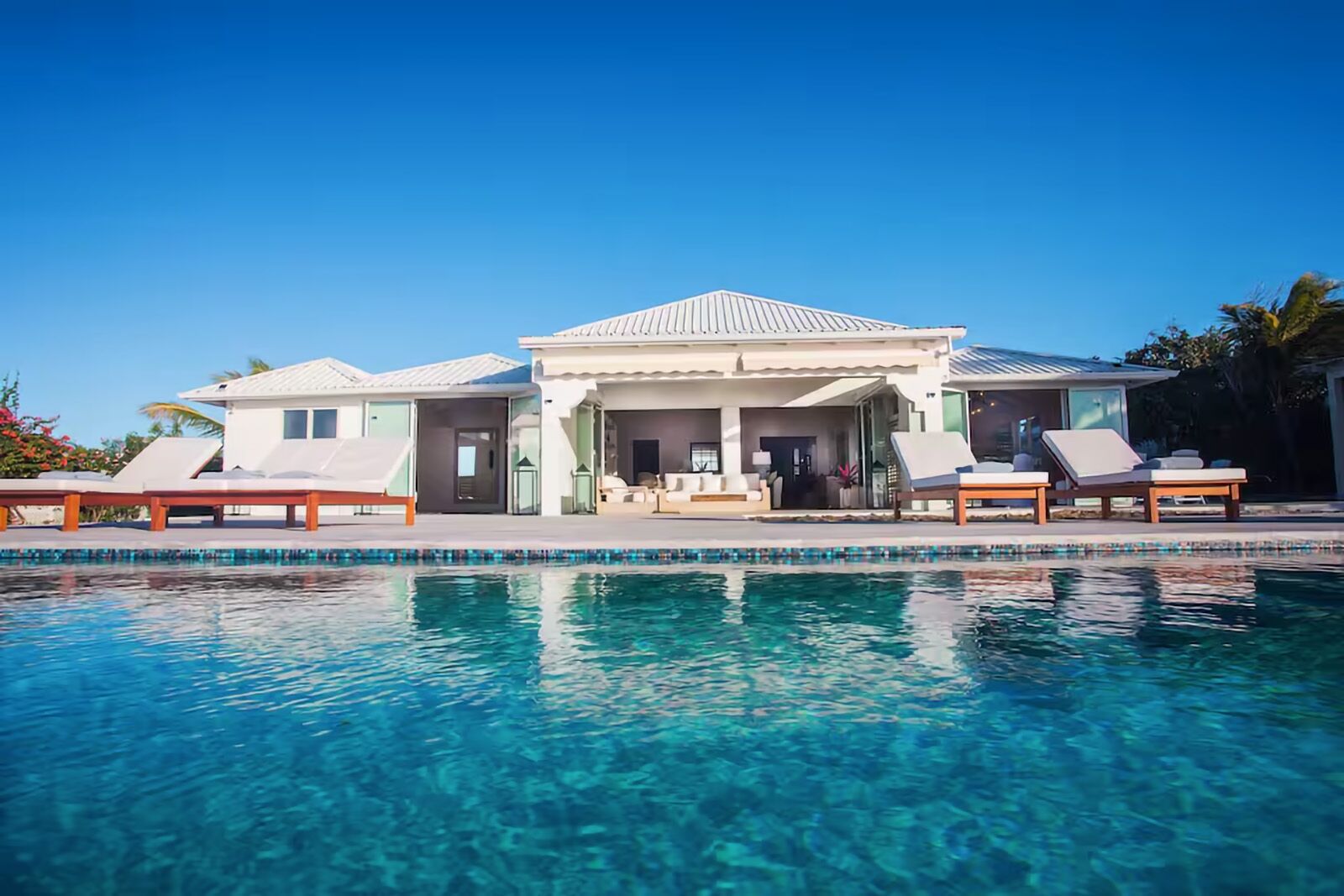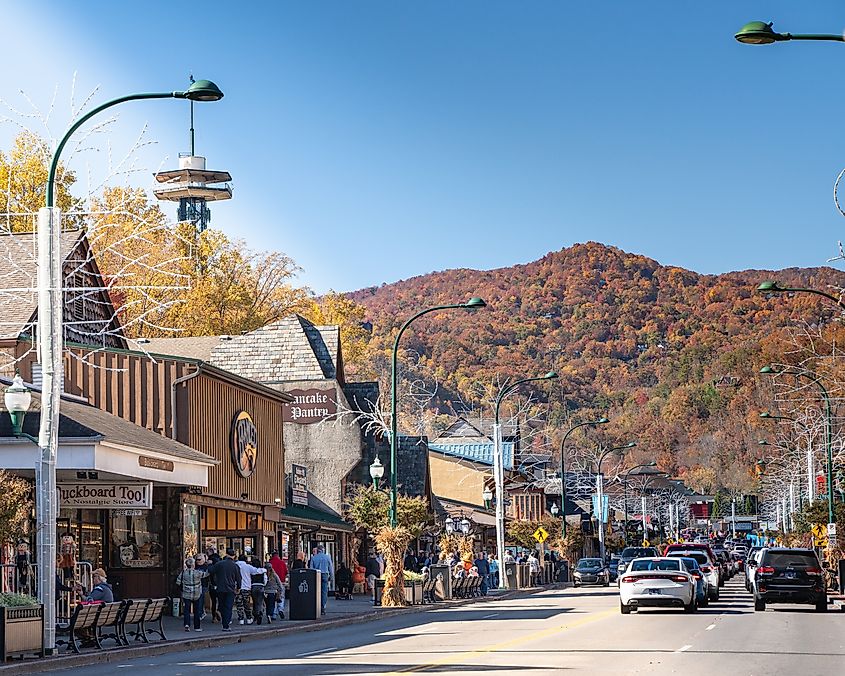
23 of the Caribbean’s Dreamiest Villas and Airbnbs to Book Now. The Caribbean, a region synonymous with idyllic landscapes and a relaxed pace of life, continues to captivate travelers seeking respite from the everyday. While large-scale resorts have traditionally dominated the tourism sector, a growing trend towards vacation rentals – particularly villas and Airbnbs – is reshaping the landscape, offering visitors a more personalized, authentic, and often more economically viable experience. This shift reflects a broader evolution in travel preferences, where experiential tourism and immersion in local culture are increasingly valued over standardized luxury.
The allure of the Caribbean is undeniable, steeped in a rich history that stretches back centuries, from its indigenous roots to its colonial past and its vibrant present. The islands have long been a crossroads of cultures, blending African, European, and Indigenous influences into a unique tapestry of traditions, cuisines, and artistic expressions. This cultural richness, combined with the region’s natural beauty, makes it a perennial favorite among travelers worldwide.
The rise of vacation rentals in the Caribbean is not merely a matter of affordability; it’s a reflection of changing consumer demands. Travelers are increasingly seeking unique accommodations that offer a sense of place and allow them to connect with the local community. Villas and Airbnbs often provide amenities and experiences that are simply not available in traditional hotels, such as private pools, fully equipped kitchens, and personalized concierge services. This trend has been further fueled by the proliferation of online booking platforms, which have made it easier than ever for travelers to find and book vacation rentals in the Caribbean.
Each island in the Caribbean boasts its own distinct character and appeal. Barbados, with its blend of British colonial heritage and vibrant Caribbean culture, offers a range of accommodation options, from grand plantation houses to charming beach cottages. Antigua, known for its pristine beaches and calm, turquoise waters, is home to elegant cliffside villas that offer breathtaking views. The Bahamas, a sprawling archipelago of islands and cays, entices visitors with secluded bungalows and overwater villas that provide direct access to the region’s stunning coral reefs. From eco-friendly retreats nestled in lush rainforests to chic modern condos in bustling port towns, the Caribbean offers a diverse array of vacation rentals to suit every taste and budget.
According to a recent industry report, the vacation rental market in the Caribbean has experienced significant growth in recent years. An estimated 35% increase in bookings was recorded in the past year alone, with villas and Airbnbs accounting for a growing share of the overall tourism market. This growth is being driven by a number of factors, including the increasing popularity of experiential tourism, the rise of online booking platforms, and the growing demand for affordable and flexible accommodation options. The report also found that the average length of stay in vacation rentals is longer than in traditional hotels, suggesting that travelers are using these properties as a base for exploring the islands and immersing themselves in the local culture.
“The Caribbean vacation rental market is undergoing a significant transformation,” says Dr. Eleanor Vance, a Senior Market Analyst specializing in tourism trends. “Travelers are no longer content with simply staying in a hotel room; they want to experience the destination in a more authentic and immersive way. Villas and Airbnbs offer the perfect platform for this, providing a home-away-from-home experience that allows visitors to connect with the local community and culture.”
However, the growth of the vacation rental market in the Caribbean is not without its challenges. One of the primary concerns is the potential impact on local communities, particularly in terms of housing affordability and environmental sustainability. As more and more properties are converted into vacation rentals, there is a risk that local residents will be priced out of the market, leading to displacement and social unrest. In addition, the increased demand for water, energy, and waste disposal services can put a strain on the region’s already limited resources.

To address these challenges, many Caribbean governments are implementing policies and regulations to ensure that the vacation rental market is sustainable and benefits local communities. These measures include licensing requirements, taxation policies, and zoning regulations that aim to balance the needs of tourists with the needs of residents. In addition, some islands are promoting eco-tourism initiatives and sustainable building practices to minimize the environmental impact of tourism development.
The impact of events such as Hurricane Melissa also underscores the vulnerability of the region and the importance of responsible tourism practices. The storm highlighted the need for travelers to be aware of potential risks and to support local communities in their recovery efforts. Choosing vacation rentals that are owned and operated by local residents can help to ensure that tourism revenue stays within the community and contributes to its long-term resilience.
Another key trend shaping the Caribbean vacation rental market is the increasing demand for luxury villas and high-end amenities. Wealthy travelers are seeking exclusive properties that offer privacy, comfort, and personalized service. These villas often come with a range of amenities, such as private chefs, butlers, and concierge services, catering to the needs of discerning guests. The rise of luxury vacation rentals is driving up prices in some areas, but it is also creating new opportunities for local businesses and entrepreneurs to provide high-end services to tourists.
"The luxury villa segment is experiencing exponential growth," notes Professor Alistair Davies, a Professor of Public Policy specializing in Caribbean economics. "These high-net-worth individuals seek exclusivity and curated experiences. While beneficial economically, policymakers must ensure that this segment integrates responsibly and sustainably into the local fabric, contributing to infrastructure and community development."
Looking ahead, the Caribbean vacation rental market is expected to continue to grow in the coming years. The increasing popularity of experiential tourism, the rise of online booking platforms, and the growing demand for affordable and flexible accommodation options are all expected to drive growth. However, the region will also need to address the challenges of sustainability, affordability, and community engagement to ensure that the vacation rental market benefits both tourists and local residents.
The future of Caribbean tourism hinges on a balanced approach, one that embraces the economic opportunities presented by the vacation rental market while safeguarding the region’s natural resources and cultural heritage. This requires collaboration between governments, businesses, and local communities to develop sustainable tourism policies and practices that promote responsible development and protect the interests of all stakeholders.
Furthermore, the Caribbean’s strategic location and unique cultural blend position it as a key player in the global tourism market. As global travel patterns evolve, the region has the opportunity to leverage its assets to attract a diverse range of visitors, from adventure seekers to cultural enthusiasts to luxury travelers. By investing in infrastructure, promoting sustainable tourism practices, and fostering a welcoming and inclusive environment, the Caribbean can solidify its position as a premier destination for vacation rentals and create a more prosperous and sustainable future for its people. It is projected that within the next five years, the Caribbean could see an increase in tourism revenue by $2.5 billion, directly attributable to the growth in vacation rentals. This economic boost, however, needs careful management to ensure equitable distribution and minimal environmental impact. Moreover, the integration of technology, such as smart home features and personalized travel apps, will further enhance the vacation rental experience, attracting a new generation of tech-savvy travelers. In conclusion, the Caribbean’s vacation rental market represents a dynamic and evolving sector, poised for continued growth but requiring careful stewardship to ensure its long-term sustainability and positive impact on local communities.



